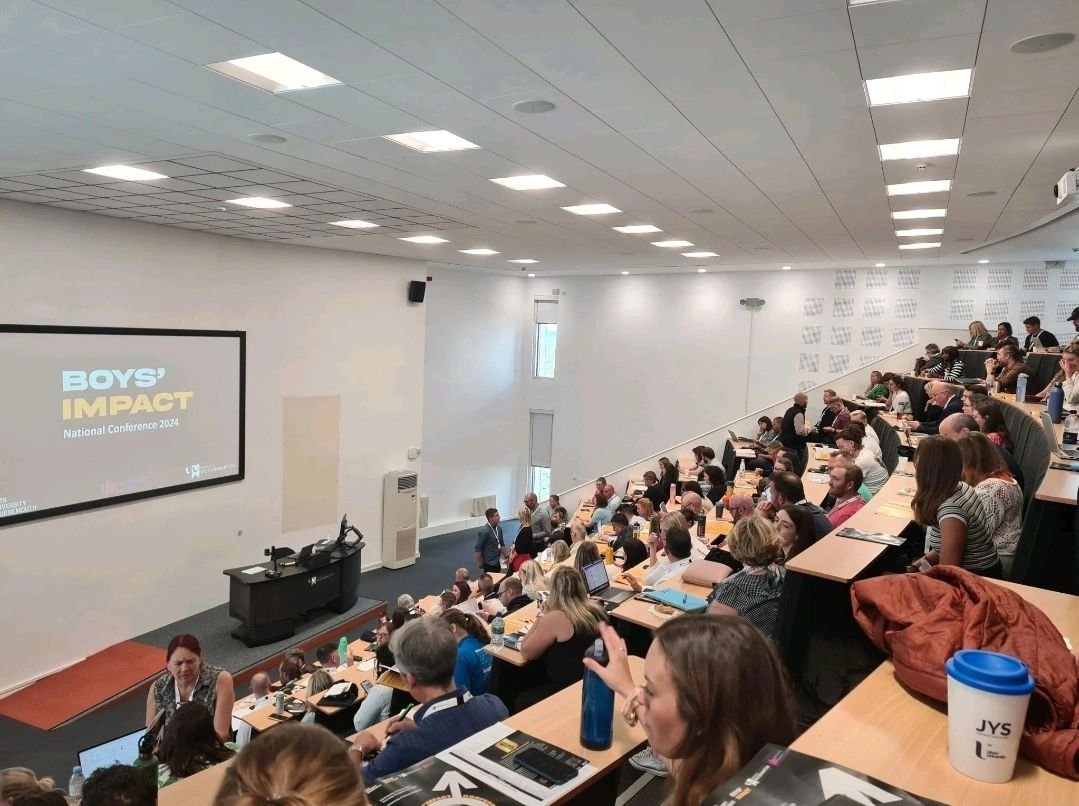
Turning tables? Why being pro-woman starts with becoming pro-boy
A blog on LinkedIn by Nikki Holmes, CEO of Safer Together
As a practitioner, I have done a significant amount of work in the VAWG space. Work that includes training professionals from across all sectors to understand and recognise the complex drivers that underpin and contribute to misogyny and gender-based violence, consultancy that has led to changes in policy and approach, and chairing and authoring Domestic Homicide Reviews which I hope adds to the evidence base which helps us to better understand the drivers of intimate partner and intra-familial violence and abuse.
However, the work that I suspect will illicit the most change, is the work that has been done, via a specialist programme I specifically created to amplify the voices of boys and young men.

Gen Z boys’ attitudes to feminism are more nuanced than negative
A blog by Dr Emily Setty and Jonny hunt for The Conversation.
Young men are more likely than older men to think that feminism has done more harm than good, according to a new survey, suggesting a backward step in attitudes to gender equality. Young women aged 16-29 are also slightly more likely than women aged 30-59 to say that feminism has done more harm than good.
The survey, conducted by King’s College London and Ipsos, also found a growing divergence in attitudes towards feminism, masculinity and gender equality between young men and young women.

Learning to level-up? Taking action to supporting working-class boys in education
The stark disparity in educational outcomes and progression for young men who are eligible for Free School Meals (FSM) is one of the most persistent challenges facing the UK education system.
Since 2016 there have been a string of reports by policy bodies such as the Higher Education Policy Institute and the National Educational Opportunities Network which have framed and re-framed the issue as one of significance. However, to date none have resulted in sustained, strategic activity in educational policy and practice to address it.

How to deliver on working-class boys and progression to HE
Six years ago, HEPI published the report Boys to Men: The underachievement of young men in higher education – and how to start tackling it.
It was an attempt to grapple with one of the most persistent challenges in the UK education system – the gap in GCSE outcomes and progression to higher education for young working-class men.
We’re now over half a decade on from the HEPI report, and we find ourselves confronting the fact that the rate of progression to higher education for the group is still at a dismal 14 per cent.
Is it because the sector has tried to engage with the issue and failed? Or is it because we haven’t really tried at all?
